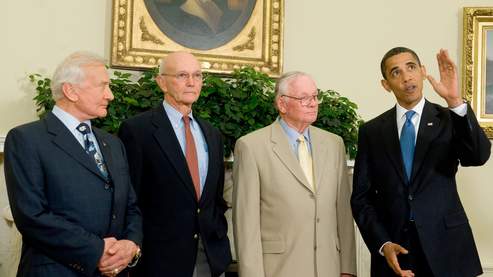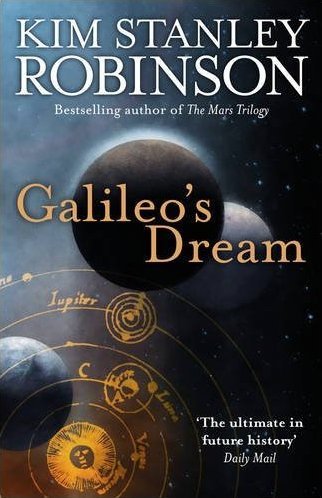Upcoming publications: The Best Of KSR
Submitted by KimonEven though Galileo's Dream comes out this week in the UK, I'm not going to talk about it here: in this entry we are already looking ahead to 2010!
Jonathan Strahan, Australian editor, publisher and reviewer of science fiction, will be editing a new collection of Kim Stanley Robinson's short stories and novellas. Tentatively titled "The Best of Kim Stanley Robinson", the single hardcover volume will be published by Night Shade Books in the USA, in March 2010 (date also tentative).
Strahan has long expressed interest in publishing a collection of KSR's short stories: see a 2006 blog entry of his where he made a selection of stories -- including the lengthier novellas The Blind Geometer, Green Mars and A Short, Sharp Shock -- which could fit into a single volume. This selection is certainly a good indication at the contents of the future collection.
KSR himself has also acknowledged that he believes some of his best work is featured in short stories, a format he has stopped writing in, at least momentarily. In interviews he has expressed the desire to see them republished, since older collections (such as Remaking History And Other Stories) have now gone out of print or are hard to find. Surely the publication of the short story The Lucky Strike later this year is a move in that direction as well.



